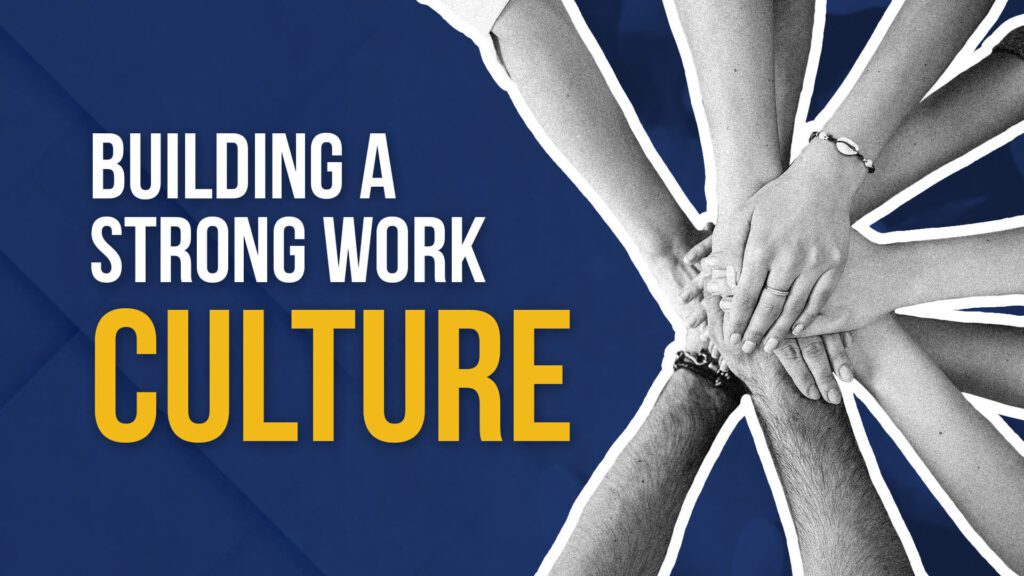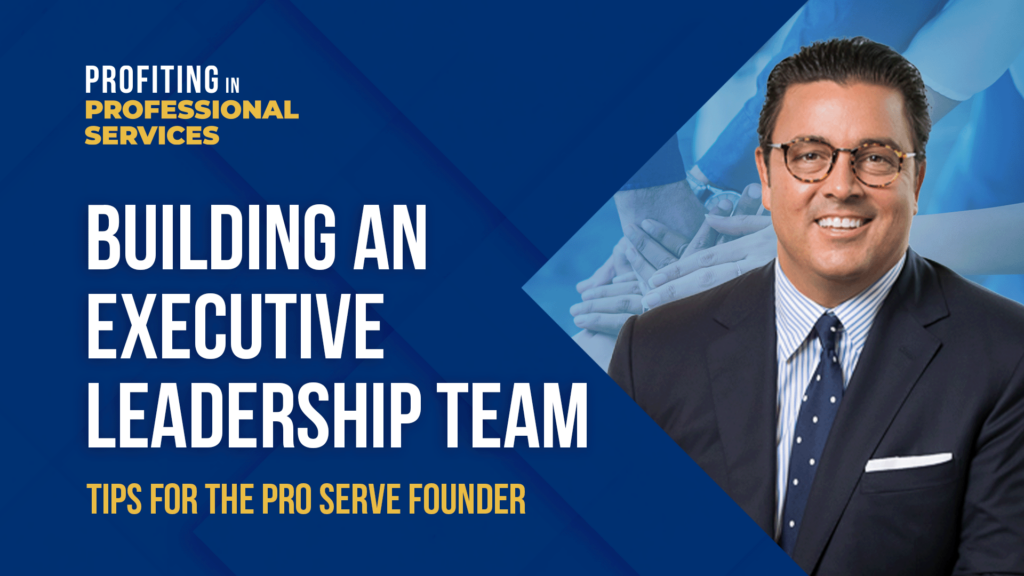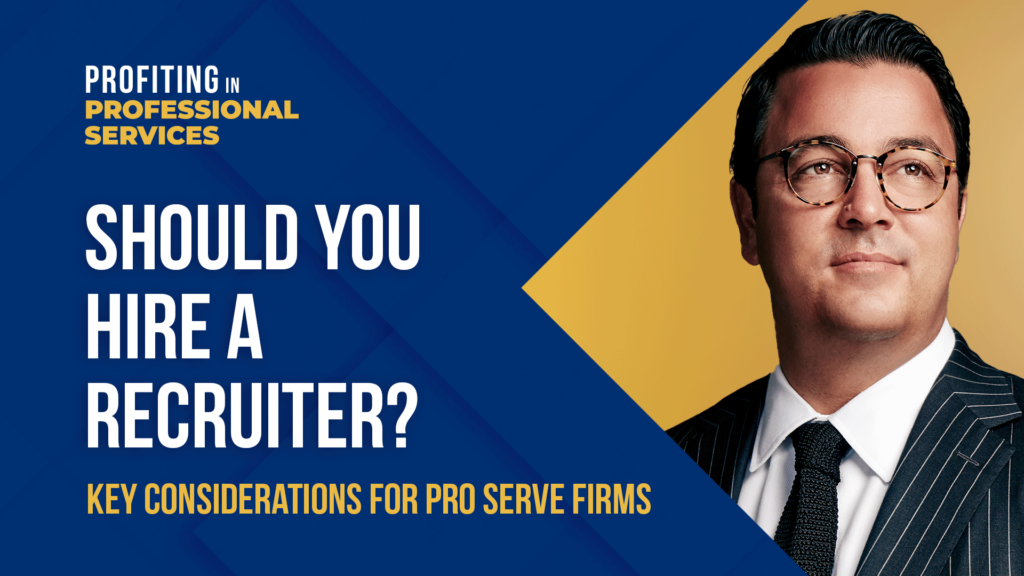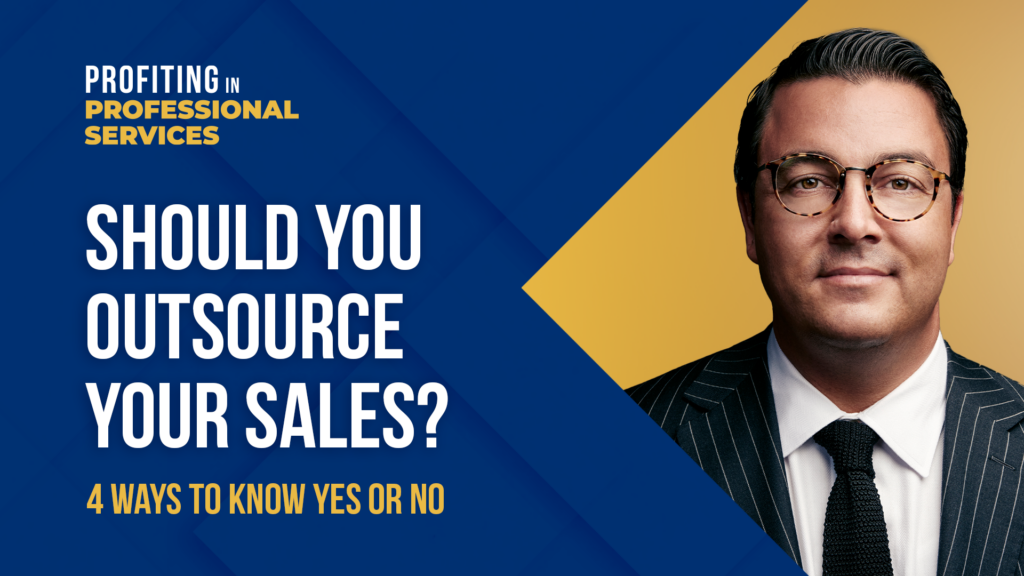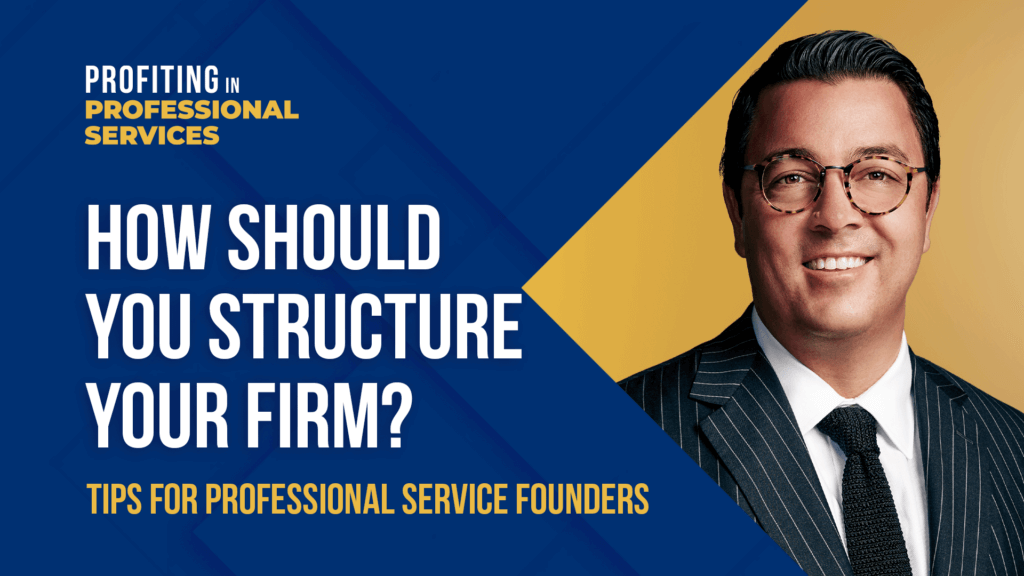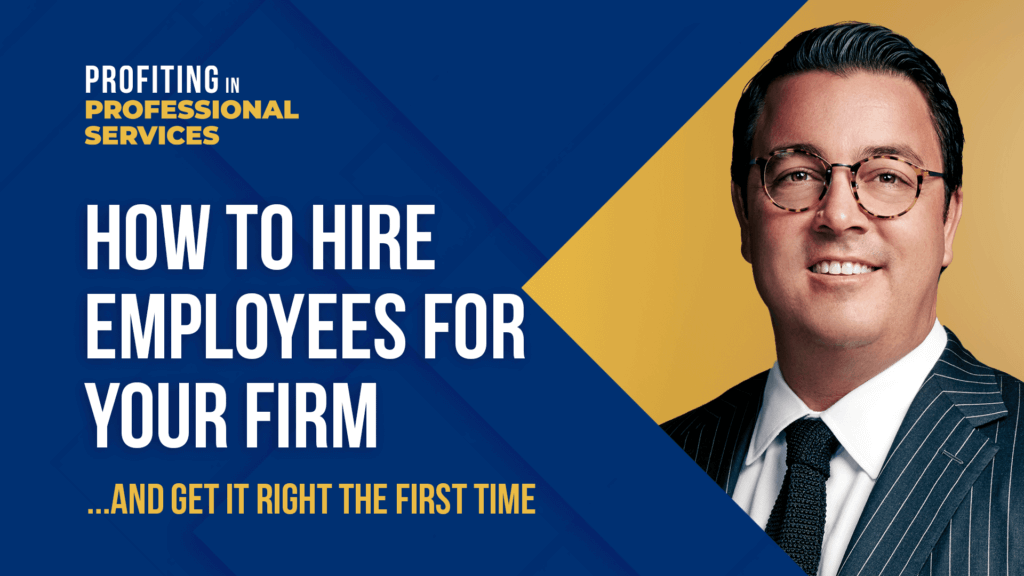Transform Your Marketing Agency with Collective 54: A Success Story
In the fast-paced world of marketing, success often depends on your ability to close deals effectively and consistently. This is the story of Sarah, the founder of a small marketing agency who faced a common challenge in the industry – generating sales opportunities but struggling to close them at the end of a sales campaign. Sarah’s journey with Collective 54 not only transformed her agency but also her perspective on what’s possible when you’re part of a mastermind community.


